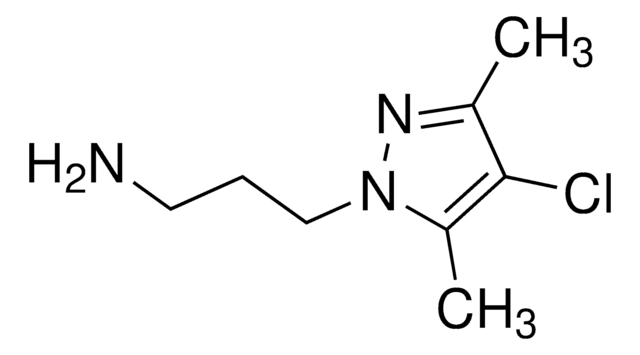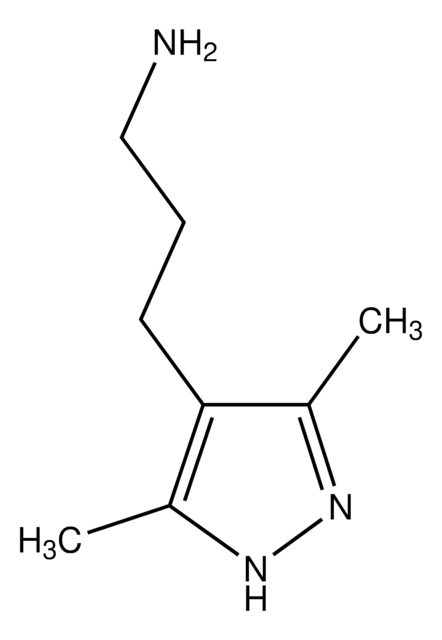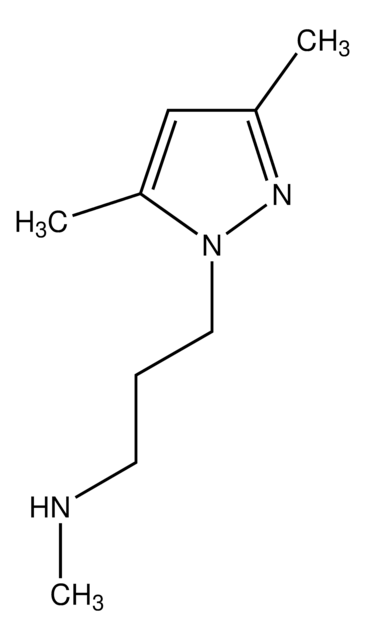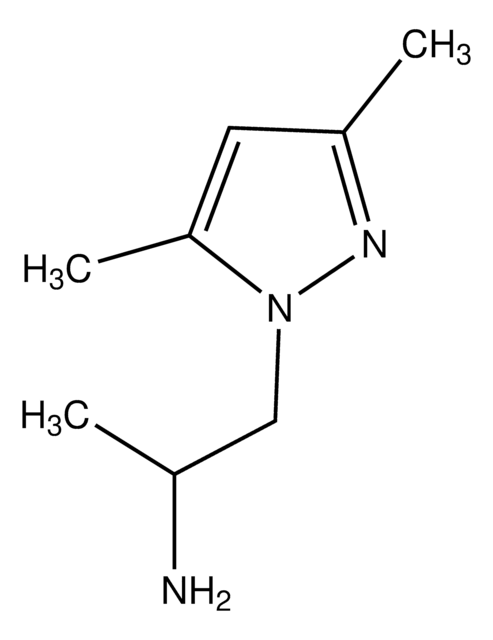241091
trans-4-Phenyl-3-buten-2-one
≥99%
About This Item
Productos recomendados
vapor pressure
0.01 mmHg ( 25 °C)
assay
≥99%
form
solid
bp
260-262 °C (lit.)
mp
39-41 °C (lit.)
solubility
alcohol: freely soluble(lit.)
benzene: freely soluble(lit.)
chloroform: freely soluble(lit.)
diethyl ether: freely soluble(lit.)
petroleum ether: very slightly soluble(lit.)
water: very slightly soluble(lit.)
functional group
ketone
phenyl
SMILES string
CC(=O)\C=C\c1ccccc1
InChI
1S/C10H10O/c1-9(11)7-8-10-5-3-2-4-6-10/h2-8H,1H3/b8-7+
InChI key
BWHOZHOGCMHOBV-BQYQJAHWSA-N
Categorías relacionadas
1 of 4
Este artículo | CBR00233 | CBR00481 | CBR00445 |
|---|---|---|---|
General description
signalword
Warning
hcodes
Hazard Classifications
Eye Irrit. 2 - Skin Irrit. 2 - Skin Sens. 1 - STOT SE 3
target_organs
Respiratory system
Storage Class
11 - Combustible Solids
wgk_germany
WGK 3
flash_point_f
>230.0 °F
flash_point_c
> 110 °C
ppe
dust mask type N95 (US), Eyeshields, Faceshields, Gloves
Elija entre una de las versiones más recientes:
¿Ya tiene este producto?
Encuentre la documentación para los productos que ha comprado recientemente en la Biblioteca de documentos.
Los clientes también vieron
Nuestro equipo de científicos tiene experiencia en todas las áreas de investigación: Ciencias de la vida, Ciencia de los materiales, Síntesis química, Cromatografía, Analítica y muchas otras.
Póngase en contacto con el Servicio técnico












